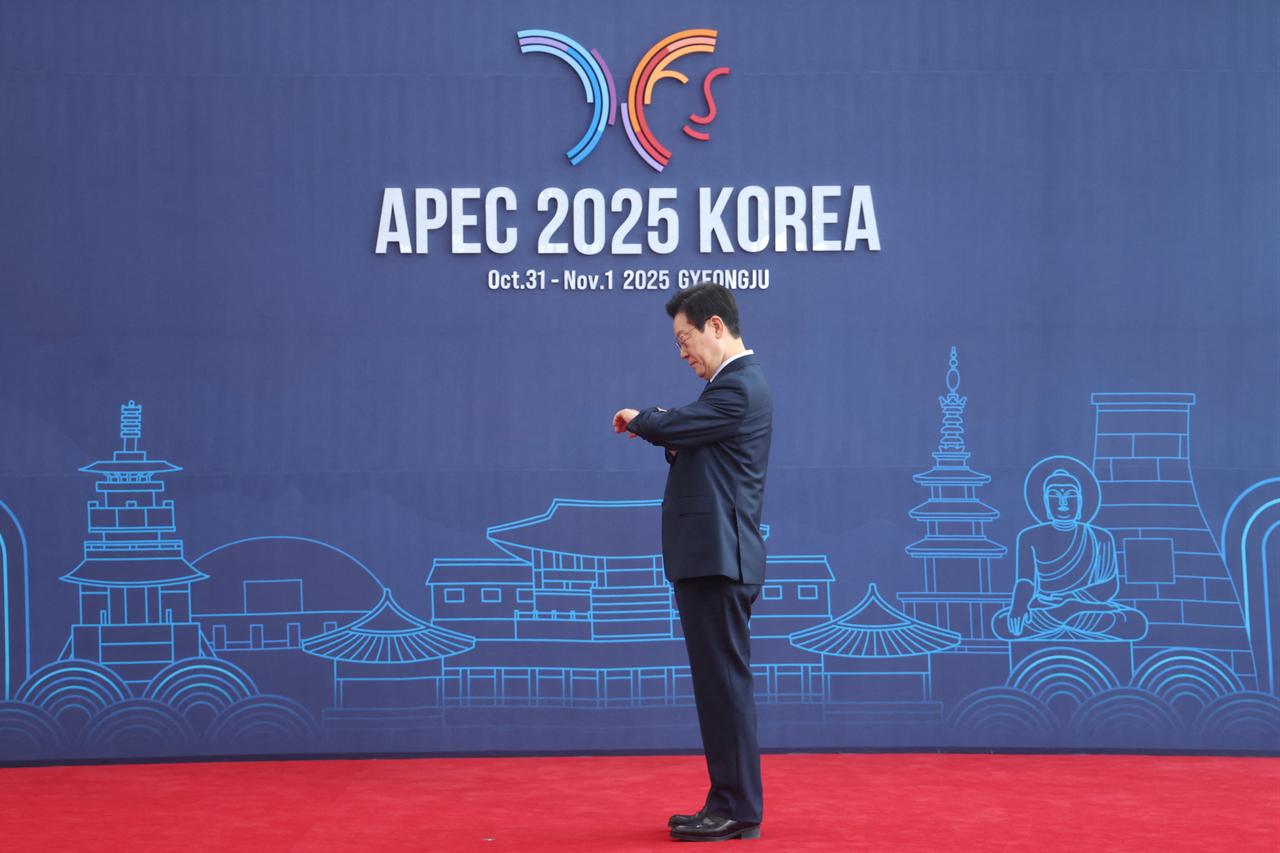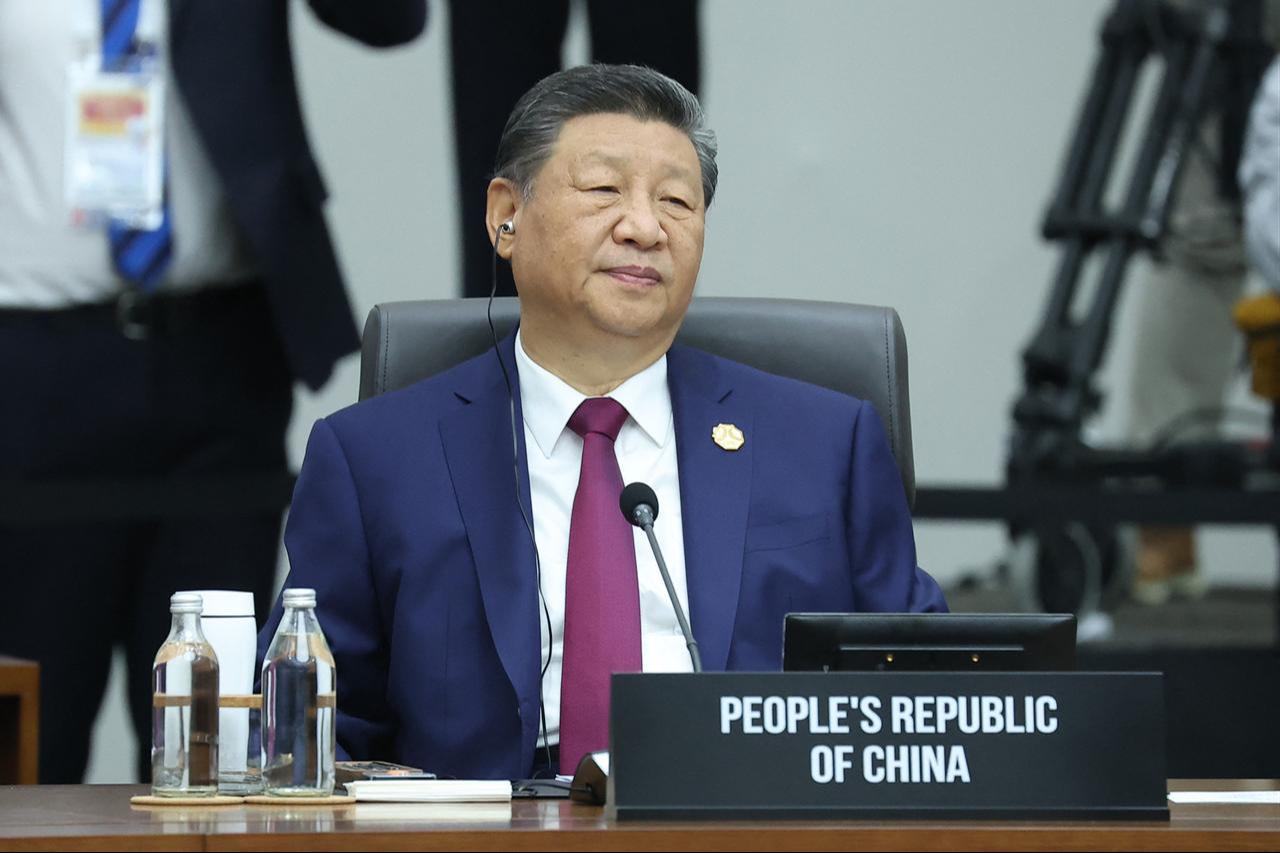
The Asia-Pacific Economic Cooperation (APEC) leaders’ summit began Friday in South Korea’s coastal city of Gyeongju, bringing together heads of state from 21 member economies to promote growth and cooperation.
The two-day gathering, chaired by South Korean President Lee Jae Myung, marks the country’s first time hosting the APEC summit in two decades. Attendees include Chinese President Xi Jinping, Japanese Prime Minister Sanae Takaichi, Australian Prime Minister Anthony Albanese, Malaysian Prime Minister Anwar Ibrahim, Indonesian President Prabowo Subianto, and Philippine President Ferdinand Marcos Jr.
Over two sessions, leaders are reviewing recommendations from APEC’s foreign and trade ministers focused on boosting prosperity through stronger supply chain networks, greater digital integration, and more inclusive economic policies.
Leaders from other member economies—including New Zealand’s Christopher Luxon, Vietnam’s Luong Cuong, and Canada’s Mark Carney—are also present. U.S. President Donald Trump, however, left South Korea on Thursday after attending a business forum and holding bilateral talks with Lee and Xi.
In his opening remarks, President Lee emphasized the need for solidarity and shared prosperity, saying that cooperation is "the surest path for a better future," according to South Korea’s Yonhap News Agency.
He noted that APEC members stand at a "critical turning point" as the global order rapidly evolves. Discussions at this year’s summit center on regional economic integration, supply chain resilience, and sustainable growth.
South Korea hopes to finalize a consensus-based "Gyeongju Declaration" that will outline member states’ commitments to digital transformation, demographic adaptation, and enhanced trade coordination.
To ensure security during the high-profile meeting, authorities have deployed thousands of police officers along with 3,900 military personnel throughout the host city.

During the opening session, Chinese President Xi Jinping reaffirmed Beijing’s intention to expand access to its markets, calling on member economies to uphold a fair and inclusive trading order.
"China will not close the door to the outside world but will only open it still wider," Xi said, as quoted by China’s Xinhua News Agency. He proposed a five-point framework for advancing "universally beneficial and inclusive globalization” and urged cooperation to keep industrial and supply chains “stable and smooth."
Xi also held his first meeting in years with Canadian Prime Minister Mark Carney—the first formal talks between the two nations’ leaders since 2017—as both countries navigate strained relations exacerbated by ongoing U.S. trade policies.
The Gyeongju summit is expected to conclude with a joint statement underscoring members’ shared commitment to open markets, technological advancement, and sustainable development across the Asia-Pacific region.